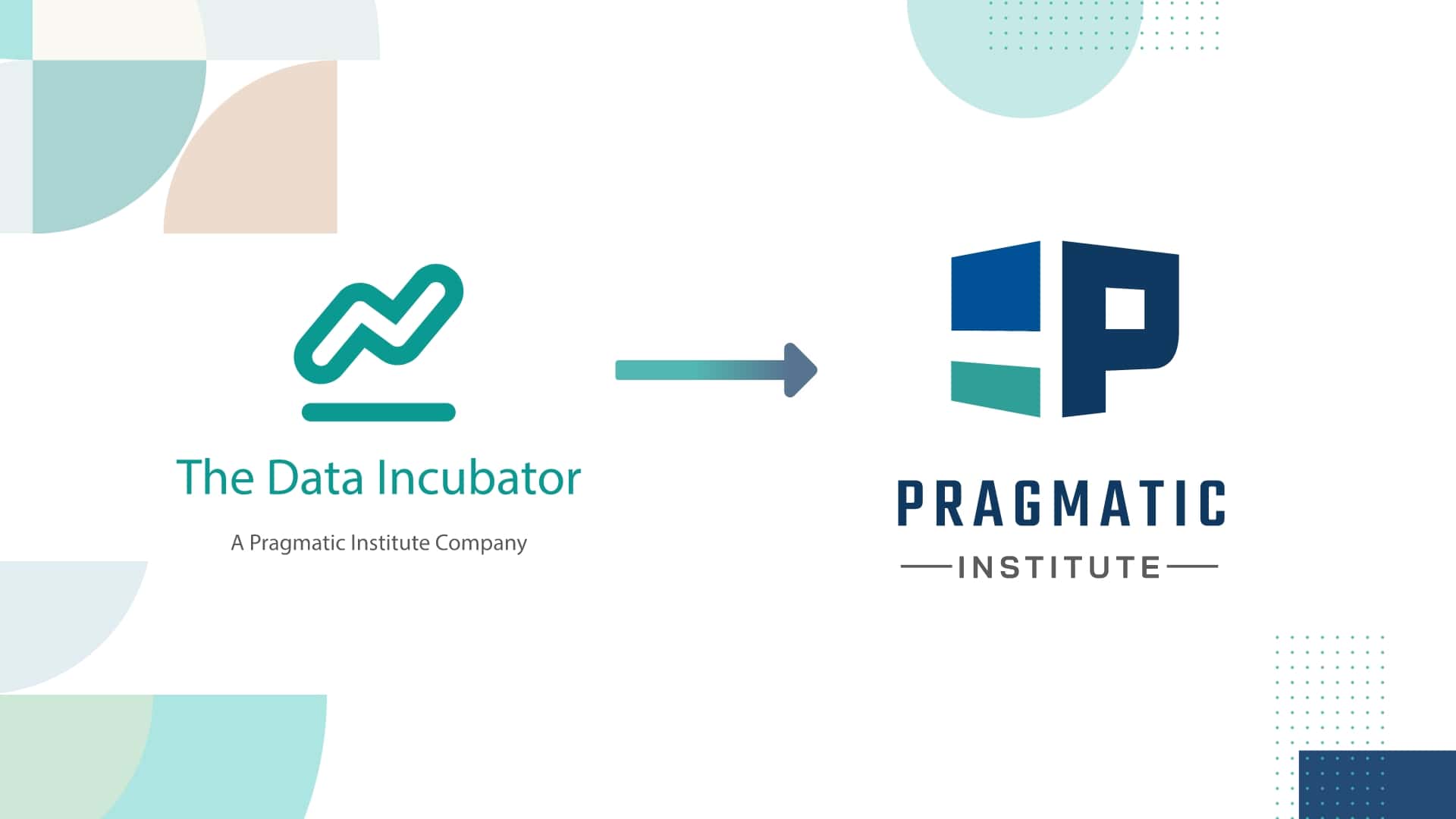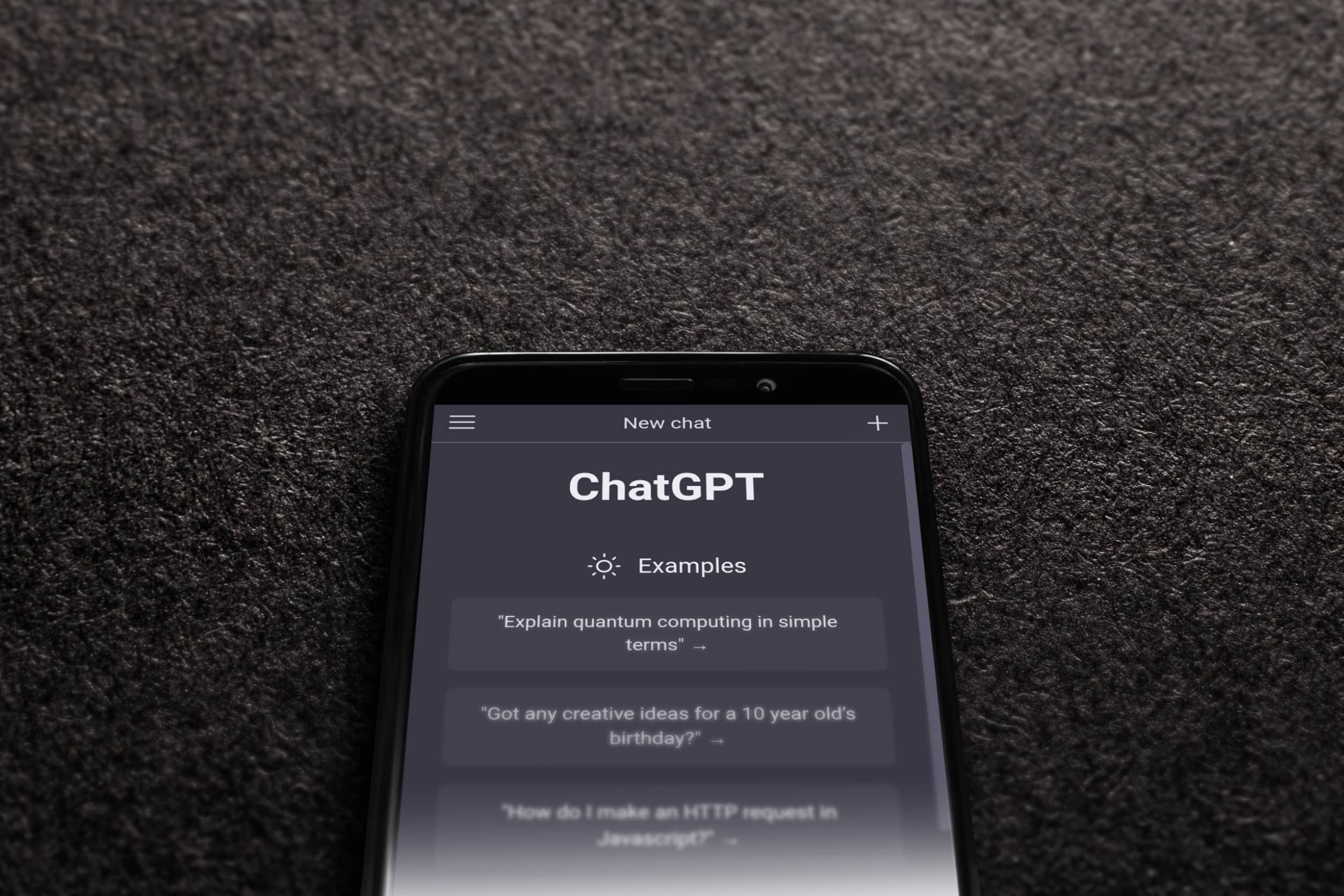Data science has revolutionized the way businesses interact with their customers.
By leveraging data, businesses can create emotional connections with their customers that drive revenue and build loyalty. In this article, we’ll explore some real-world examples of how data is being used to create emotional connections with customers.
Personalizing the Customer Experience
Personalization is one of the most powerful ways data is being used to create emotional connections with customers.
Businesses collect a ton of data, and by analyzing this data, they can segment their customer base and send targeted messages to specific groups of customers. This can be done through email marketing, social media, or even in-store experiences.
One example of this is Amazon, which uses data on customer purchase history and browsing behavior to send personalized product recommendations to its customers. Since offers feel more relevant and tailored to the individual, Amazon is more likely to drive conversions and create an emotional connection with the customer.
Another example is Netflix, which uses data on customer viewing habits to recommend shows and movies. In fact, the company uses data in every part of its business:
“Our analytic work arms decision-makers around the company with useful metrics, insights, predictions, and analytic tools so that everyone can be stellar in their function. Partnering closely with business teams in product, content, studio, marketing, and business operations, we perform context-rich analysis to provide insight into every aspect of our business, our partners, and of course our members’ experience with Netflix.”
Identifying Pain Points and Improving the Experience
Data science can also be used to identify pain points in the customer experience. By analyzing customer feedback and other data, businesses can pinpoint areas where the customer experience falls short. This can be done through surveys, customer service interactions, or even social media listening.
For example, Starbucks uses data on customer complaints to identify issues with its mobile ordering app. By focusing on these pain points and creating targeted solutions, Starbucks is able to improve the customer experience and build stronger emotional connections with its customers.
Building Emotional Connections Through Similarities
Data can also be used to help community members connect based on similarities. When customers feel that they are a part of something bigger than just a transaction, it drives results. With so many touch points available, businesses can analyze data on customer preferences and behavior, identify common interests, and create opportunities for customers to connect with each other.
For example, Meetup uses data on user preferences to match individuals with local groups and events. By creating these connections, Meetup helps users form deeper emotional connections and build a sense of community.
Creating Personalized Products That Stand Out
Creating memorable experiences with personalized products is another example of how data science can be used to build emotional connections with customers. For example, Birchbox uses data on customer preferences and purchase history to create personalized monthly subscription boxes.
By creating a truly unique and personalized product, Birchbox is able to create an emotional connection with the customer that goes beyond the transaction.
This process makes customers feel like the product is just for them. And that means something!
Creating Brand Loyalty
Finally, data science can also be used to create brand loyalty. Businesses can better understand why customers keep returning by analyzing customer purchase habits and other data. This helps them cater their marketing messages to the right audiences at the right time and create meaningful emotional connections that drive repeat purchases.
For example, Nike uses data on customer behaviors to create loyalty programs that reward customers for their purchases. The company also uses data to make product recommendations, build strategic partnerships and tailor its messaging based on customer preferences. They know their customer intimately well, and by creating these emotional connections, Nike is able to drive repeat purchases and build brand loyalty.
These strategies prove that data science is no longer just about crunching numbers – it’s about creating meaningful relationships that drive results.
Conclusion
Data science is a powerful tool for creating emotional connections with customers. Through leveraging data, businesses can personalize the customer experience, identify pain points, and create targeted solutions that build loyalty and drive revenue.
Some key takeaways from these examples are:
- Personalizing the customer experience through targeted messaging and recommendations.
- Identifying pain points in the customer experience and addressing them with targeted solutions.
- Creating community by matching customers based on common interests.
- Creating memorable experiences with personalized products.
- Building brand loyalty by intimately understanding customers and catering to their needs.
By leveraging data, businesses can create emotional connections with their customers that drive revenue and build loyalty.
If you’re interested in learning more about how data science can be used to create emotional connections with customers, check out our Data Science for Business Leaders course and start building stronger relationships with your customers today.
Are you making the most of your organization’s data?
An organization that leverages data strategically can uncover new opportunities, gain a competitive advantage and boost return on investment. Take the Pragmatic Institute Data Maturity Assessment to discover where your organization falls on the data maturity continuum and start building a data-driven culture.
Continue Learning
The world of data is moving fast, don’t get left behind. Our Data Science for Business Leaders course empowers leaders to leverage data in decision-making and strategy. Learn how to partner with data professionals to uncover business value and make informed decisions with the data at hand.
Author
-

The Pragmatic Editorial Team comprises a diverse team of writers, researchers, and subject matter experts. We are trained to share Pragmatic Institute’s insights and useful information to guide product, data, and design professionals on their career development journeys. Pragmatic Institute is the global leader in Product, Data, and Design training and certification programs for working professionals. Since 1993, we’ve issued over 250,000 product management and product marketing certifications to professionals at companies around the globe. For questions or inquiries, please contact [email protected].








